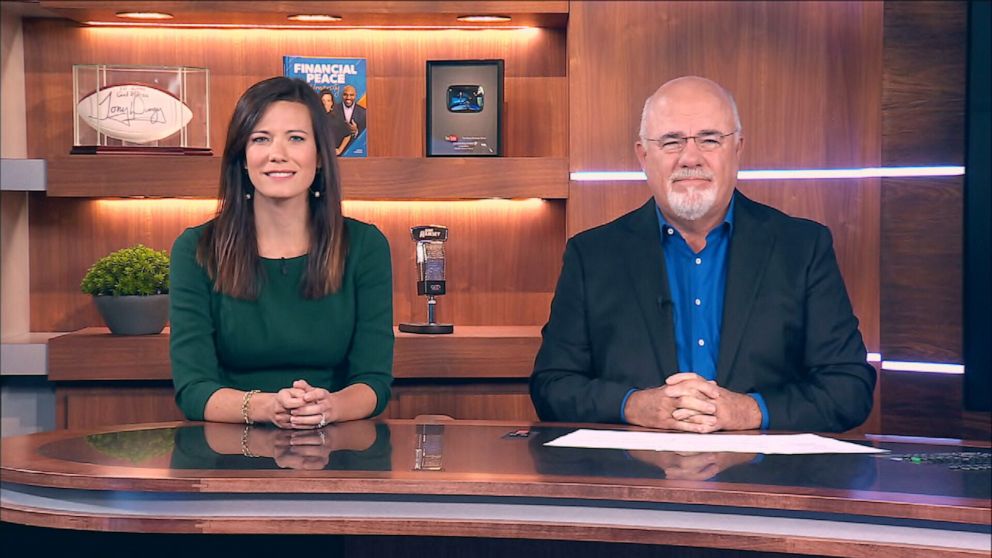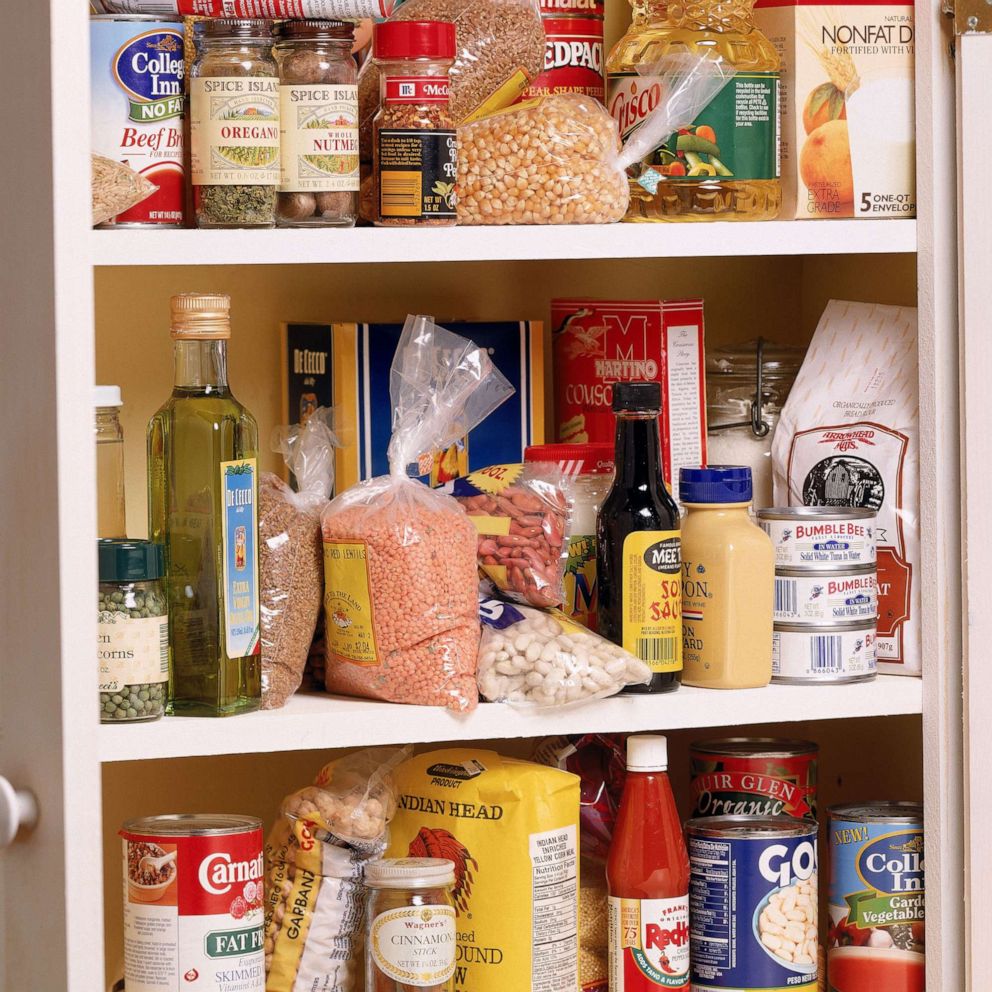How to get financial help during coronavirus pandemic
Landlords and banks may be willing to work with you, experts say.
As the financial impact of the coronavirus pandemic continues to hit more Americans, helpful resources are emerging.
One of the fastest-growing fallouts of coronavirus is a spike in the unemployment rate in the U.S., especially in the travel and hospitality industries, which have been hit hardest as restaurants and bars are ordered to close and people remain home instead of traveling about.
The first step to take
If you have been laid off, apply for unemployment immediately, according to ABC News chief economic correspondent Rebecca Jarvis.
You can find out whether you qualify for unemployment benefits by searching your state on the U.S. Department of Labor's website.
Know that you might also qualify for Disaster Unemployment Assistance because President Donald Trump last Friday declared the coronavirus pandemic a national emergency.
Get home finances in order to build healthy personal finance habits
Father and daughter personal finance experts Dave Ramsey and Rachel Cruze joined "Good Morning America" to share some insights as unemployment numbers skyrocket and offered advice for savvy personal financial decisions during these uncertain days.
Dave Ramsey and Rachel Cruze give advice on how to keep finances in order
Don’t make financial moves based on fear
"Fear is a very top emotion right now for a lot of people, but you don't want to make your decisions based on fear," Cruze explained. "Fear is a terrible financial adviser. We make terrible decisions with our money when we're panicked."

Prioritize finances within your "four walls"
"Stop doing anything except your four walls. Take care of food first. Utilities second. Your shelter -- meaning your rent or mortgage -- third. Food, shelter, clothing, transportation and utilities," Ramsey said. "If your credit gets dinged because you don't pay some credit card, but you feed your family that was the right priority."
"Call your cable company, insurance, cell phone, if you have subscriptions, cut those. Really you want to focus on your needs, not your wants," Cruze added. "I always encourage people to budget. Be very, very intentional with every single dollar and where it's going. Once you live on a budget and you're intentional with every dollar, some people feel like they have a raise. So you might find extra cash you've been spending and didn't realize it."
Rule of thumb to pay debt
Ramsey suggested that anyone dealing with layoffs or shutting down their business "would stop paying extra on anything and just pile up cash."
"Just buckle down here, put the plywood on your house so to speak and go through the hurricane together," he added, "and you'll come out the other side of it."

What to know about possible further government assistance
The Treasury Department on Wednesday pitched the details of President Trump's $1 trillion economic stimulus proposal to Congress, representing his top priorities for phase three of the federal government’s response to the coronavirus pandemic.
The proposal, obtained Wednesday by ABC News, would authorize two $250 billion rounds of direct payments to individual taxpayers, with the first payment issued beginning April 6. Another wave of payments would be distributed to taxpayers beginning May 18.
Start asking for help with bills
If you can't afford a payment because you've been laid off due to the coronavirus, now is the time to start making phone calls, according to Jarvis.
Be proactive and reach out to your various providers so you do not lose service or face high interest rates.
Call your wireless provider and explain that you have been laid off due to the coronavirus. Many providers have said they'll keep your service going.
Your credit card company may be wiling to waive fees and interest.
Let your landlord and more know about your financial situation
President Trump announced that the U.S. Department of Housing and Urban Development (HUD) is suspending all foreclosures and evictions through the end of April.
"Shark Tank" star Barbara Corcoran recommends giving your landlord a heads-up that you are struggling financially, contacting your bank about mortgage payments and reaching out to utility providers for relief.
The rent is due April 1 and Americans are worried
"You need to take that off your worry plate," she said Thursday on "Good Morning America," about stressing that your electricity may be cut off, for example.
"Landlords don’t want to lose you as a tenant because no one is moving right now," Corcoran added. "They are willing to waylay part of your rent if you give them an early heads up."
Get creative finding new ways to make money
One demographic facing unexpected unemployment are college students who had to leave their on-campus or local jobs when colleges switched to online-only classes.
Corcoran encouraged them, and anyone facing unemployment, to identify side hustles where they can make extra money, whether it's becoming an online tutor for elementary and high school students who are now learning from home or taking advantage of online sites like Upwork and NextDoor to post about your expertise and availability.
"This is a time where you're going to have to figure out what skills you have that are extra, something that you can make a side hustle at, something that you can make extra money on," she said.
What to know about coronavirus:
- How it started and how to protect yourself: coronavirus explained
- What to do if you have symptoms: coronavirus symptoms
- Tracking the spread in the US and Worldwide: coronavirus map







